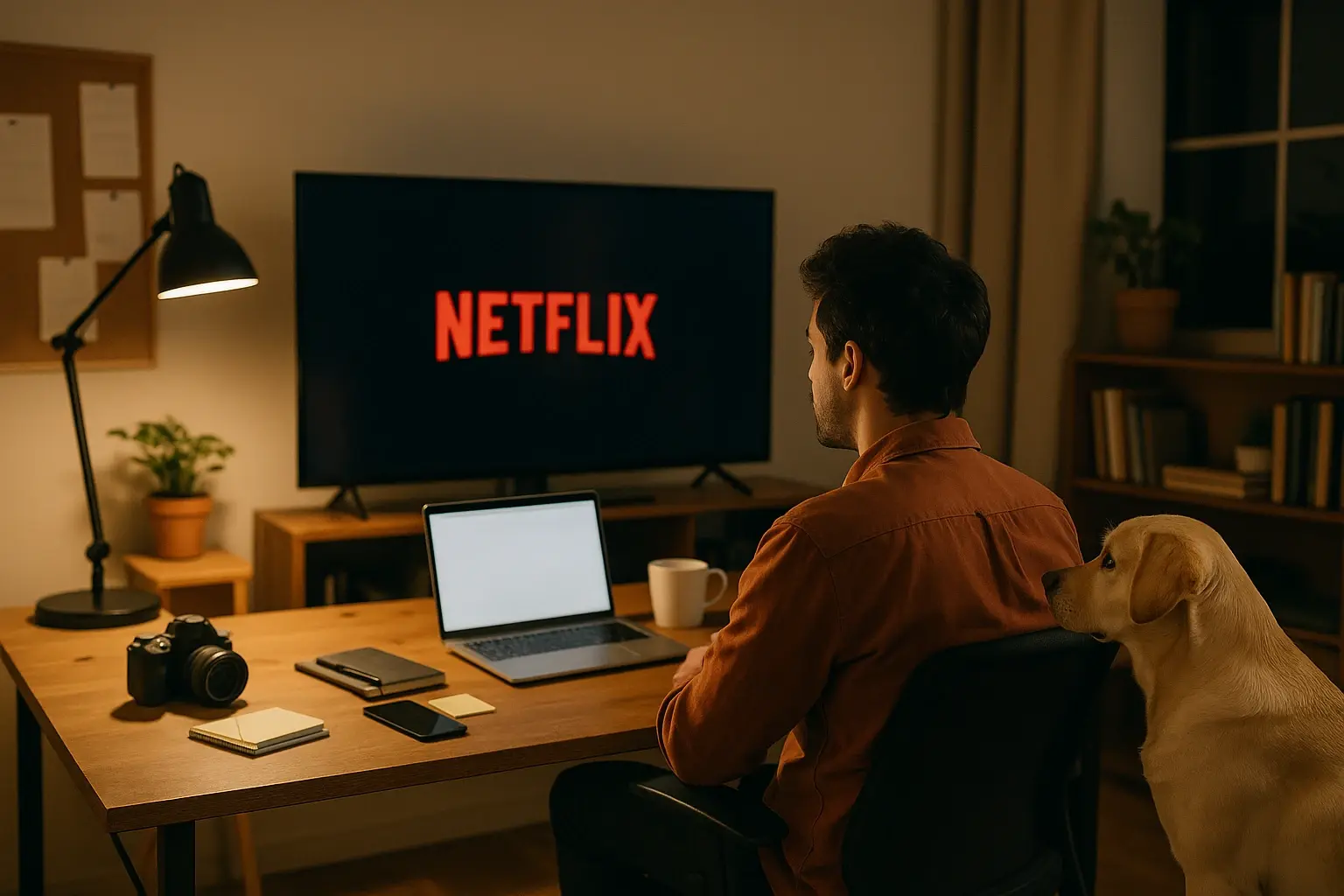If you’ve ever typed a tax question into ChatGPT at 2 a.m. while finishing client edits, you’re not alone. AI is now every freelancer’s “instant accountant” — except it’s not. While ChatGPT can be brilliant at explaining concepts, it’s not always brilliant at getting the facts right (especially when UK tax law is involved).
So, to save you from future HMRC headaches, here are 10 of the most common ChatGPT-generated tax myths we’ve seen creative freelancers believe — and the truth behind them.
1️⃣ “You don’t need to register for Self Assessment if you earn under £1,000.”
ChatGPT’s myth: The £1,000 trading allowance means you don’t need to file a tax return.
Reality: The allowance means you don’t owe tax on the first £1,000 of self-employed income, but there may be other reasons that either compel you to register, or make it advantageous to, such as relieving trading losses against other income to get a refund of tax paid elsewhere.
2️⃣ “You can claim a flat 10% for business use of your home.”
ChatGPT’s myth: Freelancers can just claim 10% of their household bills — a nice, easy rule!
Reality: There’s no such rule. You can either claim HMRC’s simplified flat-rate allowance (£10–£26 per month depending on hours worked) or a fair percentage of actual costs (e.g. proportion of rent, rates, utilities). The correct percentage depends on the number of rooms, business use, and time spent working — not a blanket 10%.
3️⃣ “If you’re self-employed, you don’t need to register for VAT until £90,000 of profit.”
ChatGPT’s myth: VAT is based on your profit.
Reality: VAT registration is based on taxable sales turnover, not profit. Many creatives accidentally cross the £90,000 threshold by billing big projects while their expenses remain high — and that still triggers VAT.
4️⃣ “You can claim your full Spotify or Netflix subscription because you use them for inspiration.”
ChatGPT’s myth: “It’s research!”
Reality: HMRC loves a good story, but they prefer evidence. Unless you’re reviewing those services professionally (e.g. a critic, influencer, or film producer), personal use makes them non-deductible. “Inspiration” alone won’t fly with Hector the Inspector.
5️⃣ “All equipment under £2,000 must go to expenses, not capital allowances.”
ChatGPT’s myth: Small purchases can’t be capitalised.
Reality: You can claim capital allowances on any qualifying asset, regardless of cost — even a £200 camera. The decision depends on enduring use, not price. Most freelancers simply claim 100% Annual Investment Allowance anyway, but it’s good to understand the difference.
6️⃣ “You can pay your kids £12,570 to help with social media and pay no tax.”
ChatGPT’s myth: The personal allowance means you can pay family tax-free.
Reality: Payments to family members must be wholly and exclusively for real work done, at a commercial rate. You can’t “invent” jobs for your kids just to shift income. And if they’re minors, employment law (and HMRC) takes a dim view.
7️⃣ “You can claim 45p a mile for all your travel.”
ChatGPT’s myth: Every mile counts.
Reality: Only business mileage counts — that excludes normal commuting. A trip from home to your regular studio isn’t deductible. But travel to client shoots, meetings, or exhibitions? Yes. Keep a mileage log; don’t rely on guesswork.
8️⃣ “AI says you can backdate your company expenses before incorporation.”
ChatGPT’s myth: Just chuck all your old receipts into the company.
Reality: You can claim pre-trading expenses incurred up to seven years before incorporation provided they were in anticipation of starting to trade and they would’ve been allowable if the company existed. Once incorporated, those costs become reimbursable, not just magically company expenses.
9️⃣ “If you take dividends instead of salary, you don’t pay tax.”
ChatGPT’s myth: Dividends are tax-free.
Reality: Dividends are taxed separately — 8.75%, 33.75%, or 39.35% depending on your tax band. They’re just not subject to National Insurance, which is where the confusion often starts.
🔟 “ChatGPT says I can claim my dog as a security expense.”
ChatGPT’s myth: Guard dog = business deduction!
Reality: Unless your dog actually guards your business premises (not your sofa), it’s a personal pet. That said, if you’re a YouTuber or filmmaker and the dog features significantly in your content — there may be an argument for partial deduction. But proceed with caution and documentation.
The Bottom Line
ChatGPT is an incredible starting point — but it’s not a tax adviser. It doesn’t know your full situation, it struggles to identify obsolete guidance online, and it certainly won’t represent you if HMRC come knocking.
If you’re a creative freelancer, it pays to get proper, human-grade advice — ideally from someone who understands what you do.
Found that content useful?
Why not sign up for more good stuff!!


